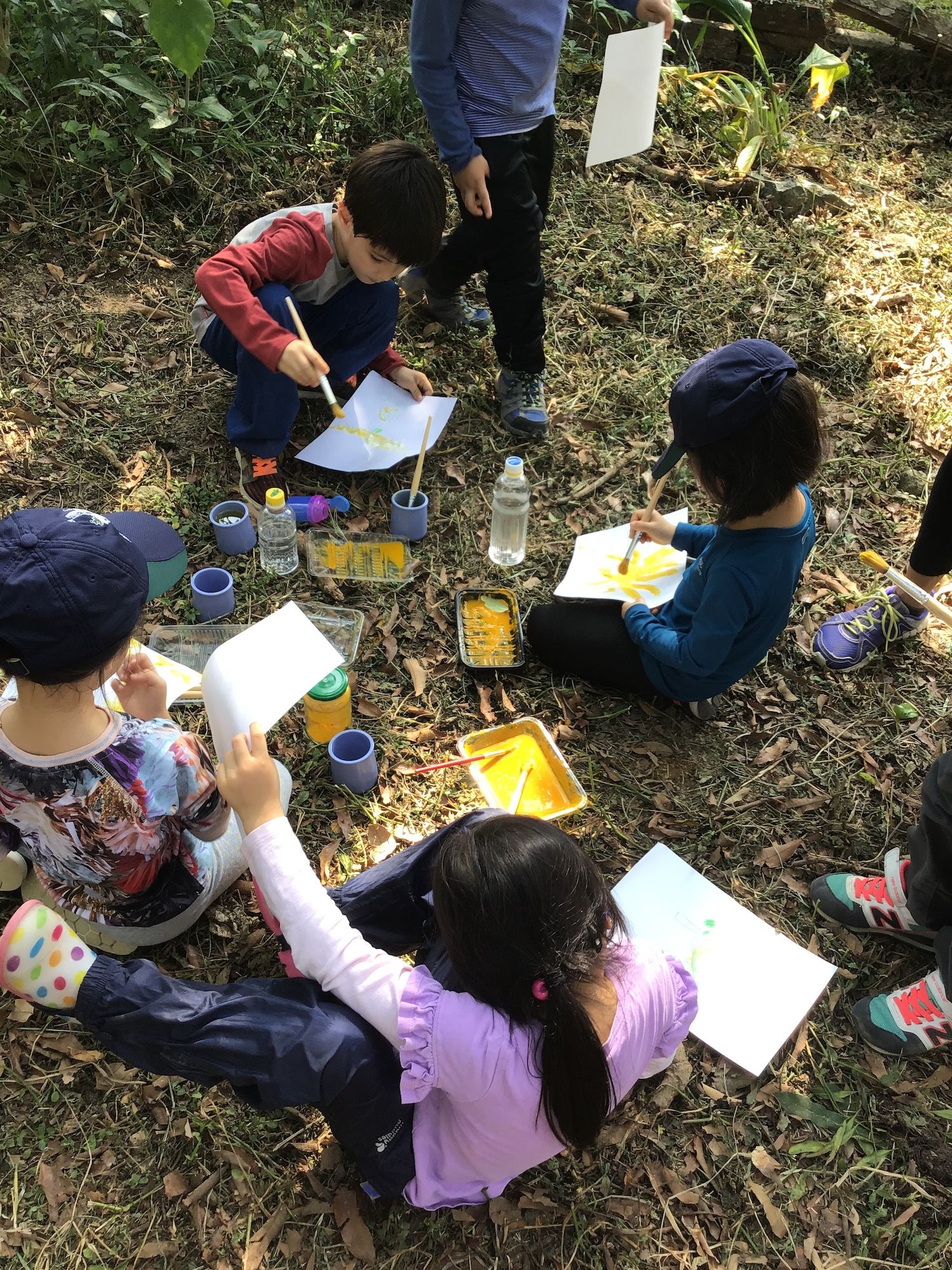The forest school concept, where Mother Nature provides the learning materials, is steadily gaining ground in the city
With testing, exams and work-readiness such prominent factors in Hong Kong’s highly competitive education landscape, parents and educators have long lobbied for a healthier, more diversified approach to learning.
Fortunately, there’s a growing trend in Hong Kong to take the classroom outside to get hands-on education in the natural environment. Known as the forest school movement, it began in Scandinavia in the 1950s and has since gained ground in numerous countries, including the UK, the US, Canada, Australia, South Korea and Japan.

“It’s an inspirational process; it offers learners opportunities to achieve and develop confidence and self-esteem through hands-on learning experiences in a woodland or a natural environment with trees,” says Hao Dong, the Greater China ambassador for the Forest School Association (FSA), a UK-based NGO that provides training and certification for forest school programmes. The curriculum is fluid, focusing on learner-led outdoor activities that encourage children to develop skills that are hard to teach in the classroom.
See also: Wycombe Abbey School Hong Kong: 4 Things Every Parent Should Know
“Teaching outside the classroom, with the children directly involved in a natural environment, enables them to not only engage with nature but to learn from it while developing social skills, physical dexterity and emotional well-being—and also helping with character formation,” says Robin Lister, the founding headmaster of Malvern College Hong Kong, one of the first schools in the city to provide a forest school programme with educators trained through the FSA.
